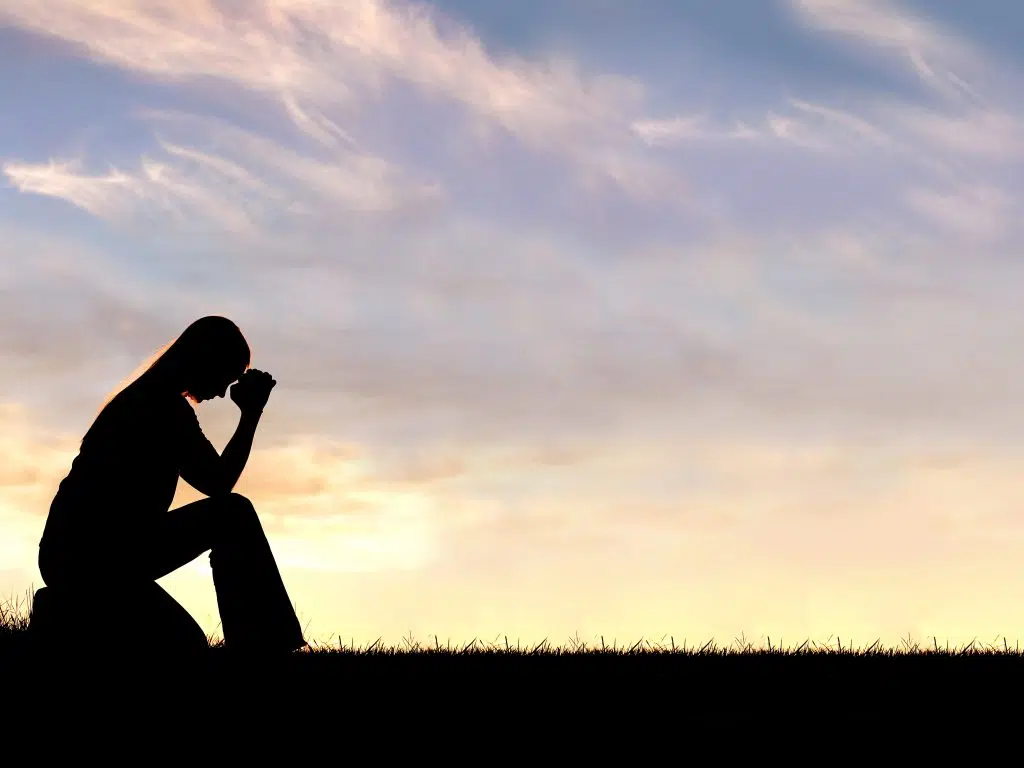We’ve all seen plenty of intriguing articles like “9 Billionaires’ Morning Routines” or “The 5 Best Morning Routines of Productive People.” And as we cast about for life hacks and quick fixes, we can’t help but wonder if somewhere in our humdrum mornings lies the secret ingredient — to getting ahead, to success, to happiness.
To help in the quest, there’s a whole cottage industry of podcasts on morning rituals. One such podcast promises “effective morning routine tips and chats with entrepreneurs and thought leaders in their appropriate fields on how their healthy morning habits have contributed to their success.” On the bulletin board in my home office, I’ve even got a newspaper clip entitled “The Quiet Joys of the Very, Very Early Morning Club.”
Maybe some of my own fascination with mornings goes back to my evangelical Protestant upbringing. In my Christian grammar school and then my high school youth group, I always had to be ready for questions from peers, teachers or youth pastors that went something like this: “What has God been teaching you in your morning devotions? How have your quiet times been recently? Which part of God’s Word are you studying now?”
The questions sometimes grated on me, but the assumption was clear: If you’re not beginning your day in the Word and in prayer, you’re not only missing something big; in fact, you don’t even know how to wake up as a Christian.
My dad was an early riser, but it wasn’t until my 5:30 a.m. sports’ practices began in high school that I started catching him — Bible in one hand, cup of coffee in the other — quietly beginning his day in prayer. He and my mom never pressured me to pray in the mornings, but the expectation was in the air.
After leaving for college, though, whatever nascent habits I had began to atrophy. Maybe it was the late nights. Maybe it was the fact that my first class often didn’t start until 11 a.m. Or maybe it was some chaffing against my upbringing. Whatever the case, my mornings quickly began looking like those of my secular peers.
To date myself, it wasn’t as if I was reaching for my smartphone on those college mornings and turning my first thoughts to social media or newsfeeds. In that pre-smartphone era, I guess I just plunged headlong into each day, propelled by coffee, some pressing agenda, now and then sending up a little prayer to God.
Long years would pass before I discovered the church’s Liturgy of the Hours, which includes morning prayer, “intended and arranged to sanctify the morning,” as a U.S. Conference of Catholic Bishops overview explains. Of the five canonical “hours” prayed throughout the day, morning and evening prayer are considered the “hinge hours.”
“(Prayer) is said in the morning in order that the first stirrings of our mind and will may be consecrated to God and that we may take nothing in hand until we have been gladdened by the thought of God, as it is written: ‘I was mindful of God and was glad’ (Ps 77:4)” wrote St. Basil the Great in the fourth century. St. Cyprian wrote, “There should be prayer in the morning so that the resurrection of the Lord may thus be celebrated.”
“The first stirrings.” Sanctification. Consecration. The Resurrection. Our morning offering. If we ever decide to swap our focus on “Billionaires’ Morning Routines” for “Saints’ Morning Routines,” then, quite simply, we’ll discover the secret ingredient of morning prayer. We’ll find the communion of saints — an “early morning club” who knew quiet joys and spanned the globe and centuries — offering the first fruits of their day to God. We’ll encounter Jesus, who, “having risen a long while before daylight, went out and departed to a solitary place; and there he prayed” (Mk 1:35).
The saints — and yes, even Our Lord and Savior — pose simple and direct questions to each of us: Will we seek our heavenly Father in the first moments of our day? Will we choose the quiet joy of his presence? Incalculably more than billions of dollars hinge on how we answer — on how we choose to wake up — as sons and daughters of the most-high king.
Johnson and his wife, Ever, are co-founders of TrinityHouseCommunity.org.



